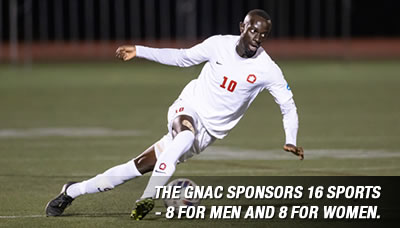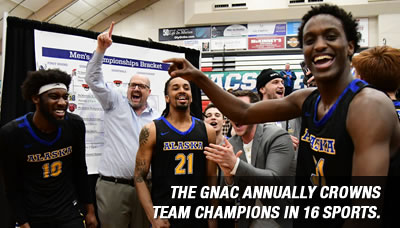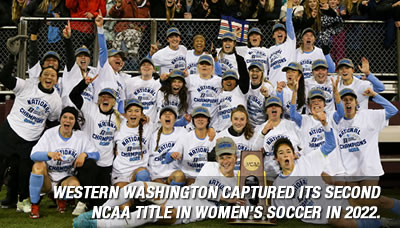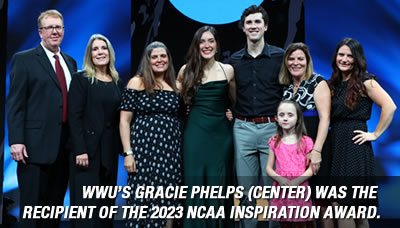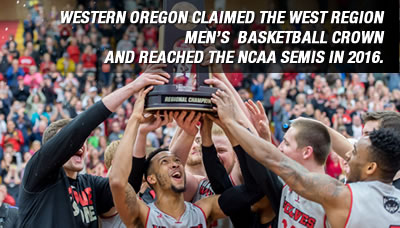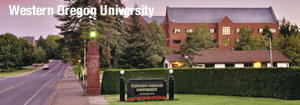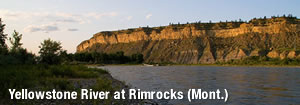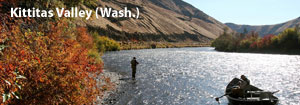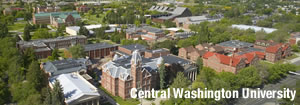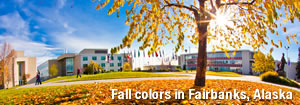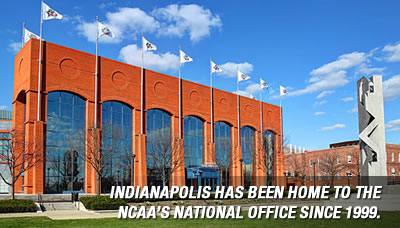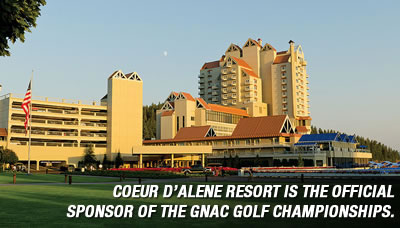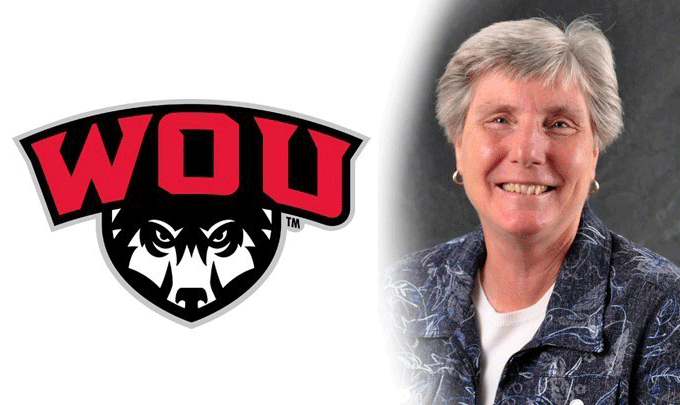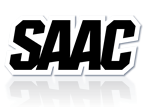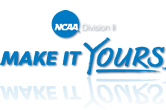Saturday, July 27, 2013
By Nicole Watkins
Polk County Itemizer-Observer
MONMOUTH -- Prior to their winter season on the hardwood, the Prosperity Elementary sixth-grade boys basketball team had a serious question for its principal.
"They asked why I couldn't play with them on the basketball team, because that would make them better," Barbara Dearing -- who was on her way to filling out her current 6-foot frame -- recalled of her school in Beckley, W.Va.
"And they wanted to win."
The problem?
This was 1963 -- when girls didn't play on boys teams -- and as for girls teams? They just didn't exist.
"That was just the way it was," Dearing said.
Dearing -- from starring on fast-pitch summer softball travel teams, to competing as a player-coach at her undergraduate alma mater, Bob Jones University, to building softball programs like Liberty University from the ground up -- has come a long way since the days when she was forced to watch her fellow male counterparts compete on a field where she held equal skill.
After nearly 35 years of experience in collegiate athletics, Dearing officially took a position that has been a dream of hers since her earliest coaching days: as a collegiate athletic director.
She started her duties as Western Oregon University's AD July 1.
She's hoped that her life experiences - and there's been many -- have served to prepare her for her latest challenge in college athletics' top position.
Small-town beginnings
Born in the small southern West Virginian city of Beckley to James Sr. and Opal Dearing, Barb, as she's commonly called, learned the concept of hard work early in life.
That's what happens when you're raised on the family dairy farm.
"We actually had a milking machine and all that, but yes, I've been kicked by many a cow," Dearing said with a smile.
"That was pretty much the lifestyle -- the planting, the mowing, the haying, the putting it all up, the feed, the grain.
"It was get your chores done and once you get your chores done, then you're free to your free time."
That free time included whatever sport Dearing could play.
In the sixth grade, the only organized sport for girls was volleyball. By seventh grade, basketball was added to the mix.
Meanwhile, in the summers, Dearing convinced her mother to let her play in the fastpitch softball league that competed just outside nearby coal mining camps.
She was only 14.
"I was like, `Mom, I want to play,'" Dearing said of the league, which boasted mainly 20- to 30-year-olds. "So I started playing with them, and I held my own."
When she graduated from Woodrow Wilson High School in 1969, Dearing had her eyes set on a place no one in her immediate family had ever attended: college.
Developing a career
Dearing chose Bob Jones University in Greenville, S.C., with plans to major in physical education while playing -- and coaching -- in its highly structured intramural program.
Athletic administration aspirations weren't really in the picture, at least not yet.
"At that point in time, there weren't really professional careers for women in sport," Dearing said. "But I knew from the time I was in sixth grade that I wanted to teach and I wanted to coach, so I did the things I needed to do in order to do that."
While at Bob Jones, she became proficient in teaching and playing just about any sport you could think of, including badminton, fencing and gymnastics. She served as a player-coach in her main sports -- basketball, volleyball and softball -- and even took on a position that she would end up landing some 30 years later: as her greek society's athletic director.
She picked Temple University in Philadelphia to complete her master's degree in education and shortly afterward was called on for her first head coaching job in 1980: to lead Liberty University's softball program in Lynchburg, Va.
`Commanding respect'
Dearing took over the Flames in just their second year as a program, when they still competed in the now-defunct Association for Intercollegiate Athletics for Women.
The NCAA had not yet accepted women's teams into its organization.
Working also as a full-time physical education professor, she aided Liberty through its transition to the NCAA in 1983, a season after the Flames had their best record: a 28-12 mark with a trip to the AIAW regionals.
She coached at Liberty for six seasons before making stops at Ohio State (1986-1988), Columbus State Community College (1990-2001) and Presbyterian College (2001-03).
Karen Booker, who played three seasons under Dearing from 1980-82, remembered her coaching style vividly.
"She was pretty strict," said Booker, who has spent the last 28 seasons coaching high school softball in North Carolina.
"She pretty much made it like a business -- she expected you to be there and to be there on time and she expected you to give 110 percent when you were there whether you liked it or not.
"She commanded that respect, too -- she really just helped me get my act together."
Those were the days -- just eight years after the passage of Title IX in 1972 -- where females had to make things happen in their programs. Otherwise, they wouldn't get done.
"We drug our own field, we lined our own field, we put out our own bases," Dearing said. "If we wanted to have concessions, we figured out a way to do that.
"You kept track of all the gals on your team, where they were academically, what was going on with them -- you were their mother, their sister, their coach, their aunt -- and you took that responsibility very seriously."
Just like the famed stories of legendary Tennessee women's basketball coach Pat Summitt, Dearing even washed uniforms and drove the team van.
Dearing also didn't take any flack from her players -- and that's rubbed off, at least on Booker.
"I feel like I coach almost exactly like her," said Booker, who has coached at Currituck County High for the past 13 seasons. "She brought out the competitiveness in me and drove me to be the best, but she knew how to listen, too.
"She expected you to learn the game and she gave you the tools to do that, but you needed to pay attention."
Breaking the glass ceiling
Although Western Oregon's league, the Great Northwest Athletic Conference, now has three female athletic directors among its 10 member schools -- longtime Western Washington AD Lynda Goodrich recently retired -- the position itself has long been dominated by men.
A 2012 study titled "Women in Intercollegiate Sport: A Longitudal, National Study, Thirty-Five Year Update," found that just 20.3 percent of all athletic directors across all NCAA divisions are women.
In NCAA's highest division, which includes the 125 schools that compete in Division I's Football Bowl Subdivision, only six women -- the most recent Eastern Michigan's Heather Lyke -- occupy collegiate athletics' top spot.
Dearing is quite aware of the importance of her accomplishment 41 years after the passage of Title IX, although she's not ready to call herself a trailblazer for women in sports.
She is, however, a major supporter.
"I would be in that group, in running through all of the things that society said to women in the 70s and the early 80s that this is not the social expectation for women," Dearing said. "For me to be able to tell gals that wanted to do this, that `You are normal, you should be able to do this.'"
In her new role, Dearing -- who eventually moved into administration first at Longwood University in Virginia (2004-2007) and then Portland State (2007-2013) - said she still looks back on her time as first a player, then a coach, in order to help serve WOU best.
She did the same in her role as the associate athletic director for business operations at Portland State.
"Our coaches on staff really saw her as a mentor, someone with tremendous experience, to come to when they had challenges or questions or were looking for some guidance," PSU Athletic Director Torre Chisholm said of Dearing. "I think with her athlete interaction, they all knew that she cared immensely about their experience and their success and they clearly appreciated that."
Despite her new challenge as a first-time collegiate athletic director, Dearing doesn't plan on changing that strategy.
"I got into coaching because I like to help people realize their dreams," she said. "I'm their greatest cheerleader. My student athletes used to say to me, `You see things we can't even envision ourselves.'
"... At the end of the day, people will say, `Well, what do you want your legacy to be?' I want this program to be better than it was when I came in, I want the student athletes 20 years from now to remember the good experiences that they've had, remember that they learned how to live and that they feel a sense of gratitude to where they want to stay engaged with the university and continue to fund that opportunity so that someone else can have the same experience that they had.
"That's what I want it to be."
BARBARA DEARING TIMELINE
1969 -- Graduated from Woodrow Wilson High School, Beckley, W.Va.
1980 -- Became Liberty University's (Lynchburg, Va.) second head softball coach in program history, in just the second season of the team's existence.
1985 -- Took over as head coach of Ohio State University's softball program, a position she held for three seasons.
1990 -- Started the softball program at Columbus (Ohio) State Community College, a position she held for 11 seasons.
2001 -- Became the head softball coach at Presbyterian College in Clinton, S.C.
2007 -- Moved into the athletic administration at Portland State University, where she was named the associate athletic director for business and financial operations and the senior woman administrator.
2013 -- Became Western Oregon University's first female executive director of intercollegiate athletics.

